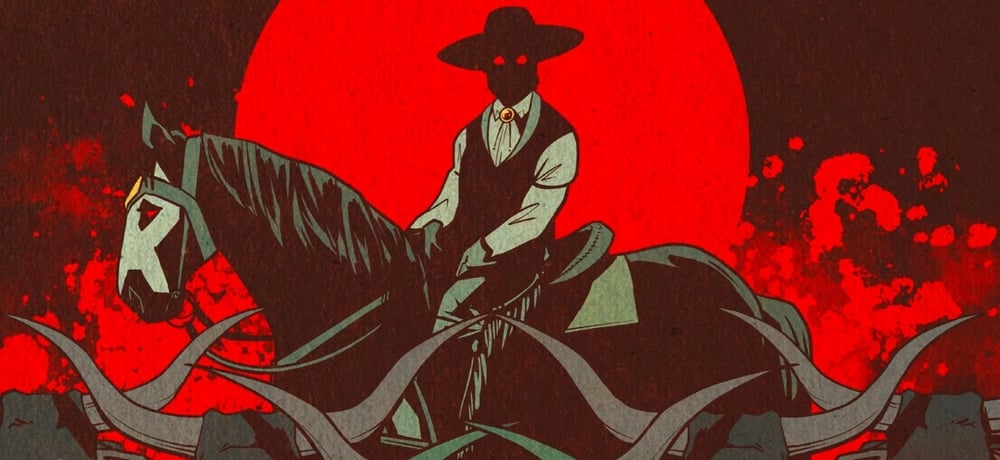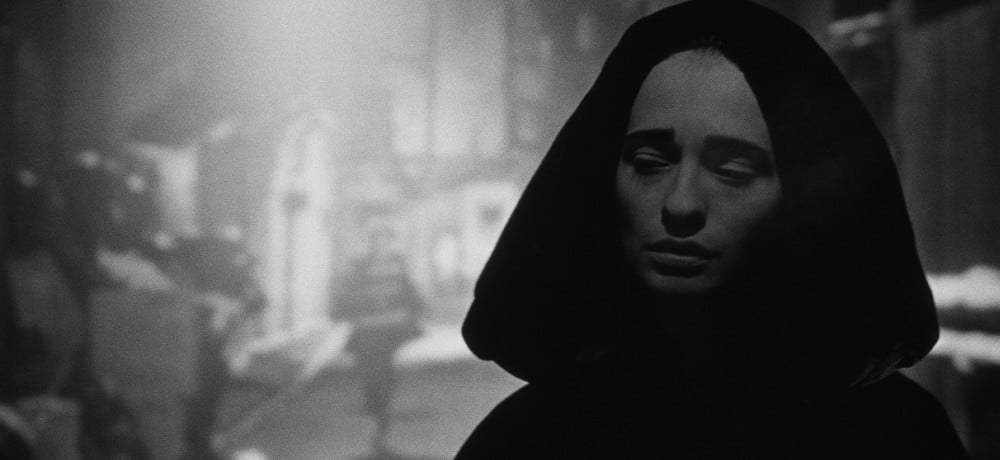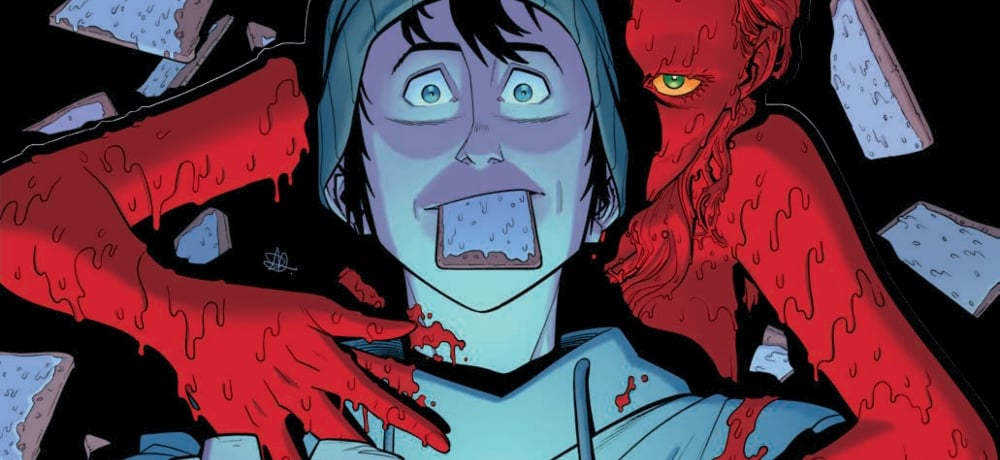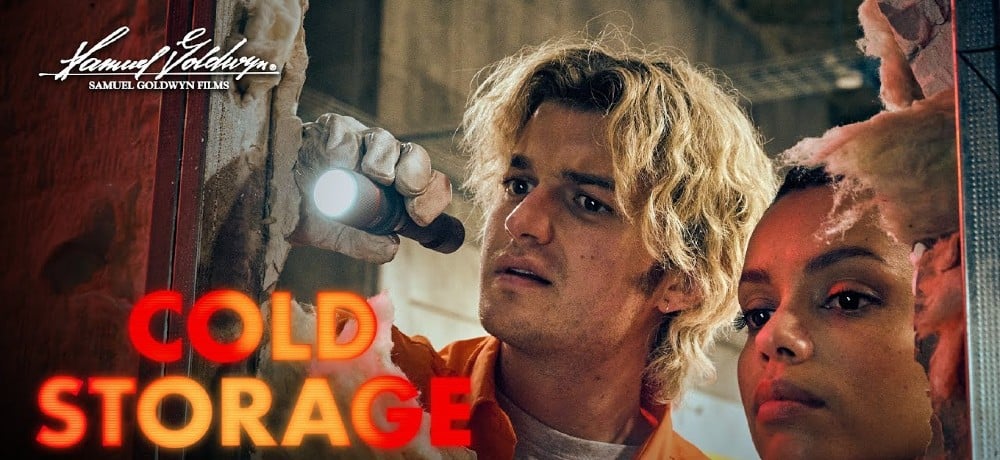





Horror fans, we are in the era of making horrible things beautiful. However, this isn’t the kind of beauty portrayed by the likes of Bram Stoker’s gothic love tale. Warm Bodies is an example of the recent splurge in PG-13 tailored horror films meant to please a specific demographic. That being explained, it doesn’t mean that films that occupy this category can’t do something ingenious, which is what Warm Bodies achieves in some regards.
A zombie epidemic has taken over the world forcing those not infected to retreat beyond self-sustaining cities surrounded by a massive wall. R (Nicholas Hoult), an altogether different kind of zombie, narrates a portion of the film explaining his daily ritual and the ambitions lost from his former “living” life. What motivates R is an unrelenting complaisance to the zombie life until a beautiful woman named Julie (Teresa Palmer) enters his world. R’s decision to save Julie, instead of eating her, is the turning point in his afterlife that brings about an unexpected change.
Jonathan Levine is a talented director and much of what works for Warm Bodies is an express result of his expertise. The film rewrites many of the traditional rules of the zombie mythos while leaving room for familiar, conventional aspects to remain intact. Zombies still have the urge to eat and brains remain their preferred meal. However, brains hold a sort of bliss for the living dead, allowing them to retain the memories of those they consume. Zombies have a greater threshold of communication that is mostly garbled and mumbled grunts, but still a form of interaction reminiscent of Bub in Romero’s Day of the Dead.
Though Levine does well to establish new rules for his zombie ode, he seems to lose focus in the latter half of the film. R is clearly different from the other zombies, but Levine's main focus becomes the development of the character in the realms of love instead of examining the bigger picture as well. Levine does utilize comedy and pop culture with capable hands in the form of the budding relationship of R and Julie amidst a clever soundtrack of narrative specific tunes. The horror properties are strictly subdued with minimal amounts of gore and some particularly dreadful CGI zombie skeletons.
The performances are a plus with Hoult personifying his zombie with charm, which is an unusual compliment for a character that should induce fear, but Hoult pulls it off. Palmer is the standout as Julie, permitting her character intricacies with a blend of toughness and sensitivity. Malkovich is slightly miscast as a controlling father to Julie and renegade leader of the protected city. Though he is menacing, his character arch is apparent from the very beginning.
There aren’t many surprises in Warm Bodies, but Jonathan Levine is a good writer and director, and there are some clever aspects glancing through. Warm Bodies is a difficult execution, and honestly had all signs of being potential terrible, but Levine’s shrewd eye on character keeps the film floating even when elements of horror are absent.
Film Score: 3/5